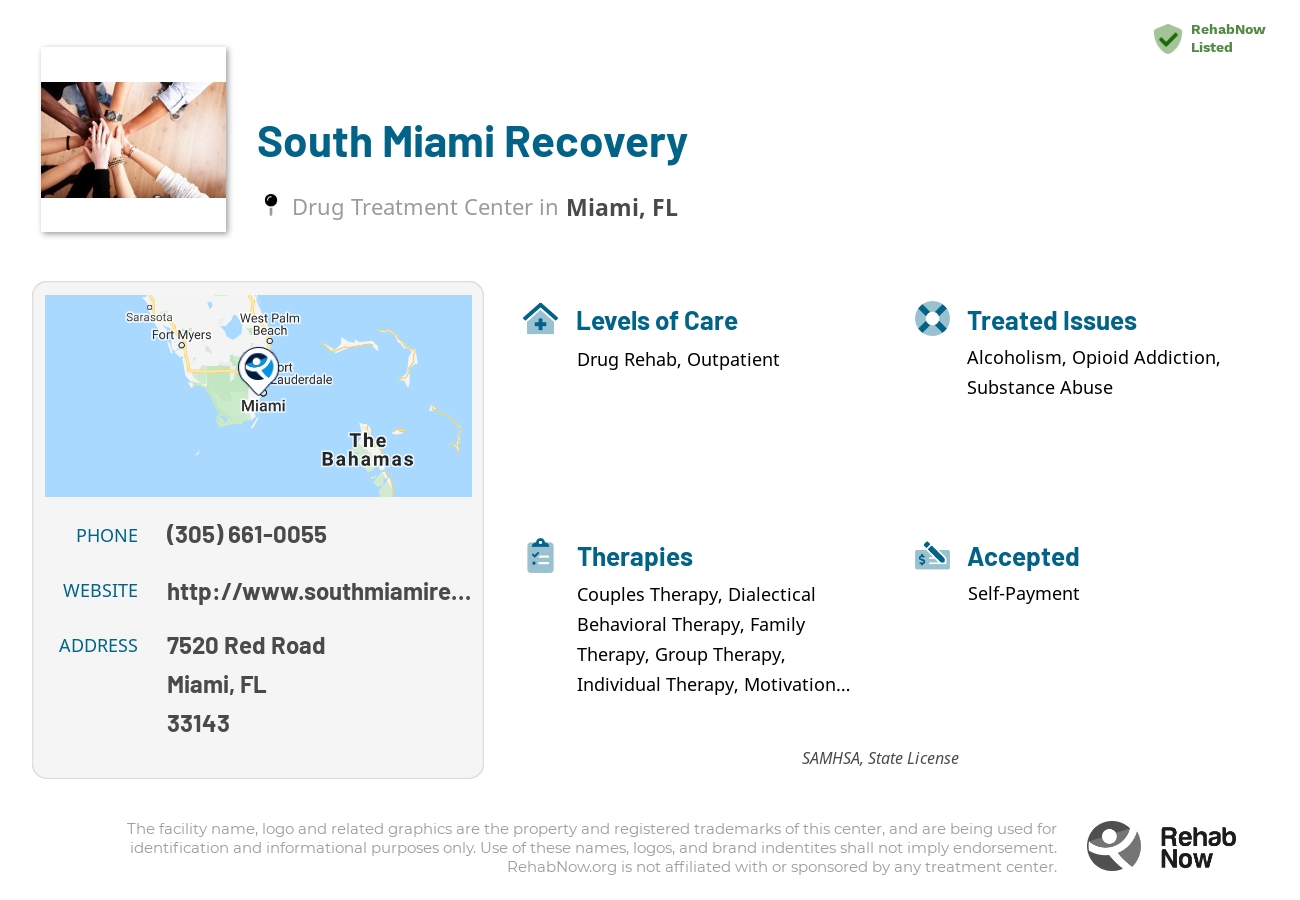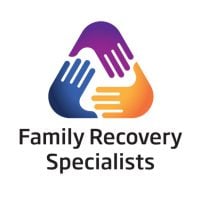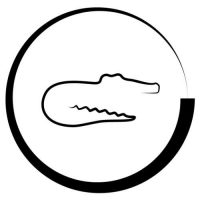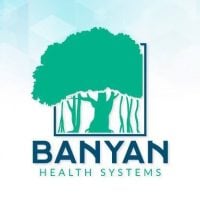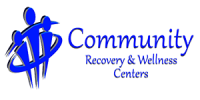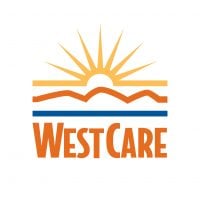South Miami Recovery
Drug Rehab Center in Miami, Florida
South Miami Recovery is an accredited and licensed Addiction Treatment Facility in Miami, FL that provides drug rehab, outpatient care, partial-hospitalization, and aftercare support services to individuals looking to conquer substance abuse problems, accepting private health insurance.
About South Miami Recovery in Florida
South Miami Recovery, located in Miami, FL, specializes in the outpatient treatment of drug and alcohol addiction, focusing on a holistic approach to recovery that encompasses spiritual, physical, mental, and emotional health. Set apart by its commitment to personal and affordable care, this center offers a unique, non-institutionalized environment that mirrors home life, promoting trust and comfort during the recovery process.
- Men-Only Facility: Solutions Recovery Center caters exclusively to men, providing a supportive and understanding environment for up to 24 individuals at a time.
- Comprehensive and Individualized Care: Offering PHP, IOP, and OP services along with 1:1 therapy, the center ensures individual attention throughout the entire recovery process.
- Non-Authoritative Culture: Emphasizing a trust-based approach rather than an institutionalized setting, aiming to foster a more effective recovery journey.
Accredited by SAMHSA and holding a State License, South Miami Recovery upholds high standards of care for those dealing with addiction and mental health issues. The center's location in South Florida is strategic, offering a serene setting conducive to healing and long-term sobriety, supported by a well-maintained facility and a unique therapy approach.
South Miami Recovery treats Alcoholism, Opioid Addiction, Substance Abuse, Drug Addiction, and Mental Health conditions, employing a variety of evidence-based therapies. With levels of care ranging from Outpatient to Partial-Hospitalization and Aftercare Support, the center is equipped to provide a tailored approach to recovery for each individual.
Genders
Ages
Modality
Additional
Accreditations
State License
SAMHSA
Conditions and Issues Treated
Substance abuse creates problems that affect people in Miami, FL on many levels. First, substance abuse affects the individual who is abusing drugs or alcohol. This can result in health problems, including heart damage and overdose. Substance abuse also affects the user’s family, friends, co-workers, classmates, or peers. These people feel frustrated because they do not know how to help their loved ones struggling with addiction. At the same time, the addict cannot control his behavior. Lastly, friends and family members of addicts are affected financially by substance abuse.
The good news is that effective treatments can help prevent substance abuse or treat its effects on the user. These treatments, which include behavioral therapy and counseling sessions, target the underlying causes of substance abuse, helping users achieve sobriety so they can regain control over their lives. They also teach users to cope with stress in ways other than using drugs or alcohol.
Opioid addiction has become a significant health problem in the United States. When a person’s life becomes unmanageable because of an opioid addiction, treatment can help them get sober. Treatment includes medical care and counseling.
“With so many people struggling with opioid addiction, we need more care and attention for those who want to quit. Opioid addicts often take opioids when they experience a painful injury – that’s how the cycle starts! When someone begins taking their medication differently than prescribed or takes an excessive amount of drugs, it means they’re hooked on drugs and in danger of overdosing.
The most successful way to beat this is through detoxing from these types treatments at South Miami Recovery in . Most facilities start by using medical support during the process while providing counseling services; rehabilitation comes later on after treatment has been completed successfully.
Levels of Care Offered
This center offers a variety of custom treatment tailored to individual recovery. Currently available are Aftercare Support, Drug Rehab, Outpatient, Partial-Hospitalization, with additional therapies available as listed below.
Outpatient programs at South Miami Recovery, the Miami resident can live with their family while continuing with their job or studies. Treatment includes educating the patient on drug abuse, medications, and counseling sessions at the individual or group level. Outpatient treatment plans cover diagnosis, detoxification, management, and counseling. They are a popular option for those who have graduated from inpatient facilities.
Partial Hospitalization Program is often the second level of treatment for those who have graduated from inpatient facilities. It is a good choice for someone who does not need to go through a medically supervised detox and has a supportive home environment. It requires motivation and dedication to commit to the program without constant monitoring. This can be an ideal choice for someone on a limited budget, a lower level of addiction, home and work commitments that cannot be modified, and high motivation.
Without aftercare support, addicts can easily relapse back into addiction. It is crucial to integrate the addict back into society. Aftercare support should take place after outpatient treatment has ended.
There are a few different types of aftercare support that patients can seek after completing an inpatient treatment program:
- 12 Step Self-help groups (AA, NA)
- Therapeutic communities,
- Long-term, structured sober living arrangements
- Halfway houses (residential treatment centers)
Many different support groups exist for addicts to seek help after treatment. Some are more effective than others, depending on the person’s addiction, background, and other factors.
Therapies & Programs
Individual therapy is a form of counseling where you meet with a trained professional one-on-one. Meeting with a therapist in this setting allows for a personal and trusting relationship to be built. This allows the patient to open up about sensitive or private issues they may not feel comfortable discussing in a group. Individual therapy helps identify the root causes of your addiction, which can help prevent relapse.
Couples therapy for drug addiction is a unique form of therapy that allows family members to work through the emotional issues of their loved one’s addiction together. Family members can support each other while learning how to cope with the addiction and encourage healthy changes. The two will work with a therapist to learn how the addiction affects themselves and the relationship.
Family therapy is often done alongside drug treatment to help addicts stay sober. The goal of family therapy for drug addiction is to create an environment where communication can happen without judgment, hostility, or blame. The therapist will sit with the family so they can learn how to communicate differently and provide new tools for dealing with emotions so that people don’t want to drink or do drugs. It’s important for families to focus on relapse prevention plans during treatment so that if the addict feels like they want to use again, they’ll know what steps they need to take together to prevent it from happening again in the future.
Group therapy sessions are another common addiction recovery service. These group sessions typically involve six to 12 addicts who meet regularly with a trained professional for support and guidance.
During these sessions, the group shares their experiences with one another and provides feedback that can help each member avoid relapse or overcome specific obstacles they are facing in their recovery process. With this type of support and guidance, addicts can feel like they are part of a community that understands their struggles and will help them get through the hard times.
Many people struggling with drug addiction have experienced some form of trauma in their lives. It is crucial that these individuals seek out professional help; otherwise, their drug abuse and addiction will likely continue.
Therapists and counselors at drug treatment centers employ several treatment programs to help people struggling with drug addiction, including trauma therapy. Trauma therapy helps people dealing with addiction by allowing them to confront the traumas of their past and move past them.
It is important to note that trauma therapy should not be confused with PTSD (post-traumatic stress disorder). Rather, it is used to treat the effects of trauma, which are often at the root of addiction.
Dialectical Behavior Therapy was developed in the 1980s to treat chronically suicidal individuals. It is a cognitive-behavioral therapy that combines standard DBT with strategies derived from Zen Buddhism, such as mindfulness training.
DBT has been adapted for use with other types of psychiatric problems, including eating disorders, substance abuse disorders, borderline personality disorder, posttraumatic stress disorder (PTSD), and other personality disorders. Dialectical Behavior Therapy is considered a psychosocial treatment of BPD. This means that while it can be used alone or in conjunction with drug treatments, DBT does not rely on medications to treat the disorder. Instead, DBT aims to help patients change their thinking and behavior.
Cognitive Behavioral Therapy (CBT) focuses on the underlying thoughts and behaviors that caused the problem of addiction in the first place and may cause a relapse. Negative feelings are common in drug abuse disorders, but they can lead to co-occurring disorders if not recognized. CBT involves strategies that help to change the behavior pattern by restructuring negative thoughts into positive ones. It helps to remove these feelings, and it provides long-term benefits. Also, CBT promotes self-awareness and self-control. It can be administered as a monotherapy or as part of combination therapy.
CBT can improve the patient’s mood, reduce drug cravings and boost success rates on treatment plans. Regular practice can help individuals handle negative attitudes, thoughts, and feelings without turning to drugs or alcohol. The core belief of Cognitive Behavioral Therapy (CBT) is that one’s moods, behaviors, and actions are all connected. Individuals can improve their quality of life using CBT. It helps addicts understand the patterns of thought and feelings that cause them to use drugs or alcohol and develop a healthy response.
This type of therapy can help addicts get in touch with their emotions without feeling overwhelmed by them. It also allows the addict to develop strategies for coping with negative feelings that might trigger cravings or lead to relapse.
During these sessions, addicts will learn how to recognize and manage their cravings while developing an action plan for dealing with stress and other triggers. Combining the coping strategies learned in these sessions with ongoing therapy can help addicts lead a stable and healthy lifestyle that is free from addiction.
These types of therapy sessions provide several benefits to people dealing with addiction. By providing a safe environment for addicts to discuss their feelings, therapists can identify the issues that trigger cravings and work with addicts to develop strategies for avoiding relapse.
Eye Movement Desensitization and Reprocessing (EMDR) therapy is a treatment method that helps reduce the impact of traumatic memories on individuals. It involves following a bar of light or watching a therapist’s finger move back and forth. This mimics the eye movements of REM sleep, which allows the brain to reprocess memories. EMDR therapy is combined with behavioral therapies to address the root cause of the problem. This reduces the desire to escape painful memories with drugs.
EMDR can be helpful for people who turn to drugs to escape traumatic events. It is a treatment that reduces the impact these memories have on emotions. Individuals who suffer from negative feelings associated with a traumatic experience can find relief in EMDR therapy. This treatment is combined with behavioral therapies. Patients follow a bar of light throughout the session or watch their therapist’s finger move back and forth. These rapid eye movements reduce feelings of negativity and promote calmness and relaxation. This minimizes the impact traumatic memories have on emotions, reducing the desire to escape painful memories with drugs.
The 12-step program is one of the most common forms of addiction treatment today. It consists of attending meetings and working with a sponsor to follow the 12 steps outlined by Alcoholics Anonymous (AA). The 12-step program was created to assist alcoholics in getting sober and staying clean. However, it is now used for a variety of addictive substances. The 12-step program encourages addicts to completely give up their former lifestyle, which is not always practical or possible for everyone.
It is essential to remember that abstinence from drugs and alcohol is the only way to ensure long-term sobriety.
12-Step programs can be beneficial for some people, but it all depends on the individual and whether or not they’re capable of completely giving up their addiction. This method is not for addicts who are unwilling to or have no desire to quit using and so is best utilized when paired with other treatment methods.
Payment Options Accepted
For specific insurance or payment methods please contact us.
Is your insurance accepted?
Ask an expert, call (888) 674-0062
Additional Details
Specifics, location, and helpful extra information.
Miami, Florida 33143 Phone Number(305) 661-0055 Meta DetailsUpdated April 15, 2024
Staff Verified
South Miami Recovery Patient Reviews
There are no reviews yet. Be the first one to write one.
Miami, Florida Addiction Information
Florida is one of the nation's epicenters for substance abuse and drug-related overdoses. In 2014, around 410,000 Florida residents were addicted to drugs and alcohol. Over the last 10 years, 12% of all deaths in the state were attributed to substance abuse. Treatment admissions for alcohol reached 24,329 patients in 2016, and 2.5% of Florida high school students admitted to using crack cocaine.
The problem of drug addiction is quite severe in Miami, Florida. According to recent statistics, nearly 5,000 emergency room visits were related to drug abuse in Miami in 2016. Additionally, over 900 deaths from drug overdoses in Miami that same year, and the city has seen a steady rise in these numbers over the past decade. Some common treatments include inpatient and outpatient treatment and residential and non-residential treatment.
Treatment in Nearby Cities
- Port Charlotte, FL (142.4 mi.)
- Titusville, FL (203.9 mi.)
- Key Largo, FL (43.7 mi.)
- Florida City, FL (21.3 mi.)
- Ojus, FL (19.1 mi.)
Centers near South Miami Recovery
The facility name, logo and brand are the property and registered trademarks of South Miami Recovery, and are being used for identification and informational purposes only. Use of these names, logos and brands shall not imply endorsement. RehabNow.org is not affiliated with or sponsored by South Miami Recovery.




